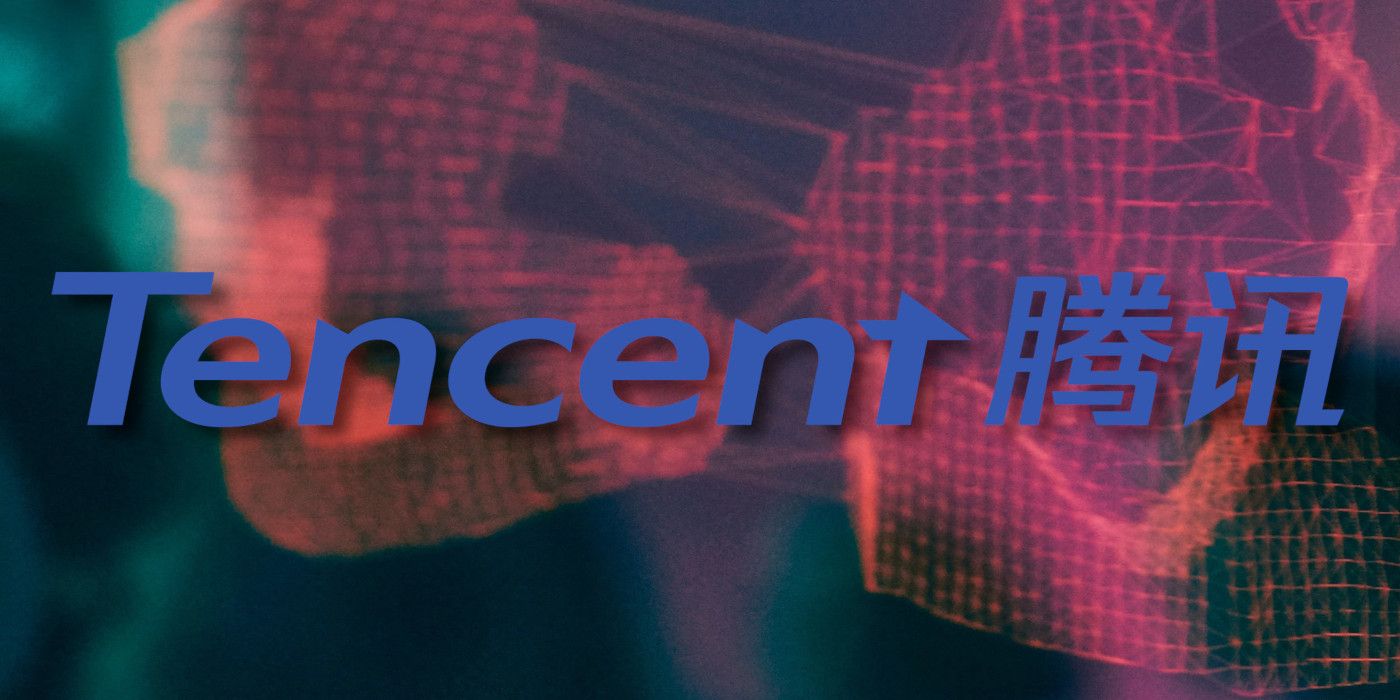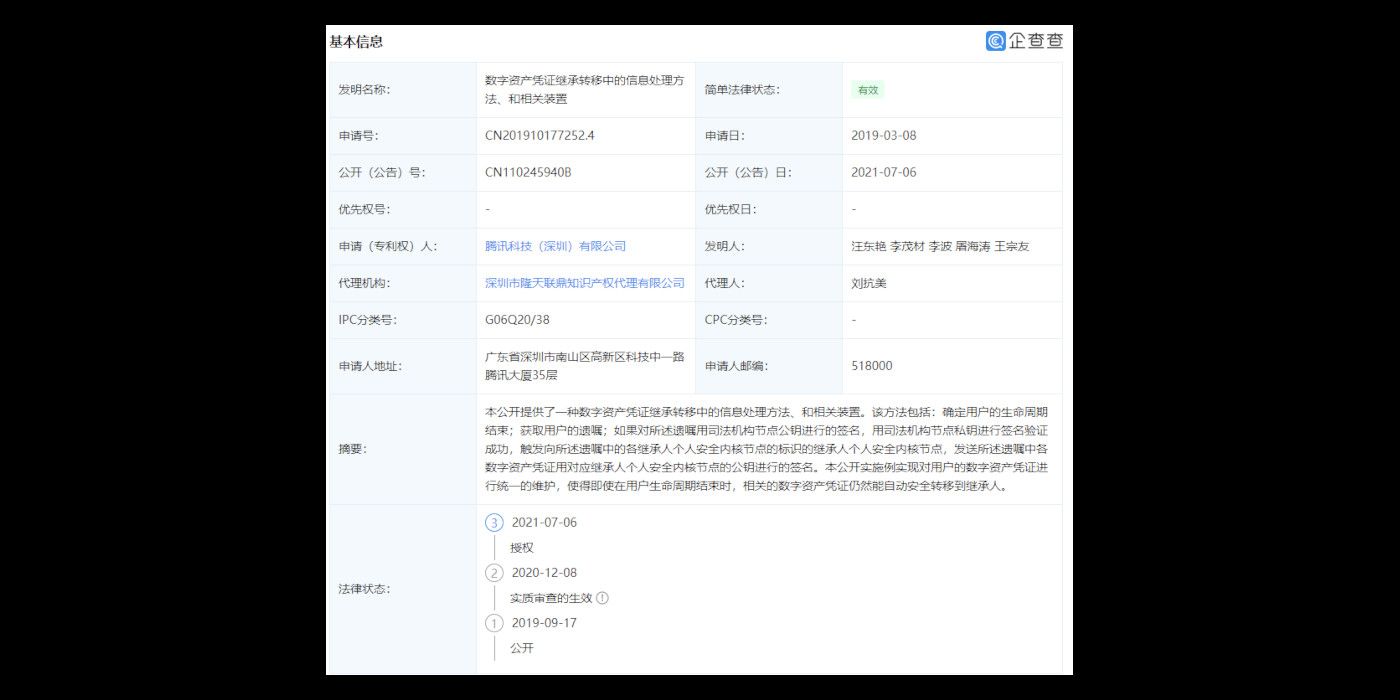As the world moves closer and closer to becoming almost completely digitalized, Chinese gaming giant Tencent has issued a patent on digital legacy. The patent would allow people to pass on their digital assets to the next generation when they die.
The population of internet dwellers and gaming fans is slowly aging, but without any signs of slowing down. It's almost every day that the news has some article about Gaming Grandmothers going viral on TikTok or gaming grandpas setting records. So as the overall age of the gaming and online community ages, and with the potential for monetary values that could be put to their online possessions in the form of long-time account sales and NFTs, more companies seem to be thinking of adding legacy clauses for customers to be able to pass on their digital assets just as they would with physical assets through a will.
Tencent is one of the first companies to begin the process of passing digital assets onto the next generation with a patent. This patent will allow for direct transfers of digital legacy accounts from the deceased to the beneficiary upon the death of the owner. This would include accounts and in-game items from Tencent's growing number of games, now including a stake in GTFO devs 10 Chambers.
This new Tencent patent was not accompanied by a plan of how to roll out these new asset inheritance plans. The patent appeared in the Tianyancha app, and shows that Tencent applied for the patent number cn110245940b back in March of 2019. The patent states that the new technology would supply "information processing methods, and related devices in the inheritance and transfer of digital asset certificates." It would require users to upload their wills and name beneficiaries for their digital items in some sort of app or perhaps in the game itself.
Currently, under US law at least, most digital assets are not considered transferable in a will. But this mostly applies to items like eBooks, Amazon accounts, digital download movies, and similar assets. In-game items and accounts in many video games can be technically passed down, like through Apple's beneficiary system. But there are not currently any laws in the United States covering the inheritance of digital property like NFTs, gaming accounts, and other online valuables. But considering these items can have a true "real world" monetary value, like the $340,000 of EVE Online property destroyed at New Year's Eve.
Given this, it is likely that companies will start to follow suit with Tencent's new inherence ideas, possibly allowing for transfers of NFTs like Charlie Bit My Finger and accounts like long-running World of Warcraft accounts to be transferable after death to the next generation of netizens.
Source: Techboilers, Equalocean, JBMartinLaw


